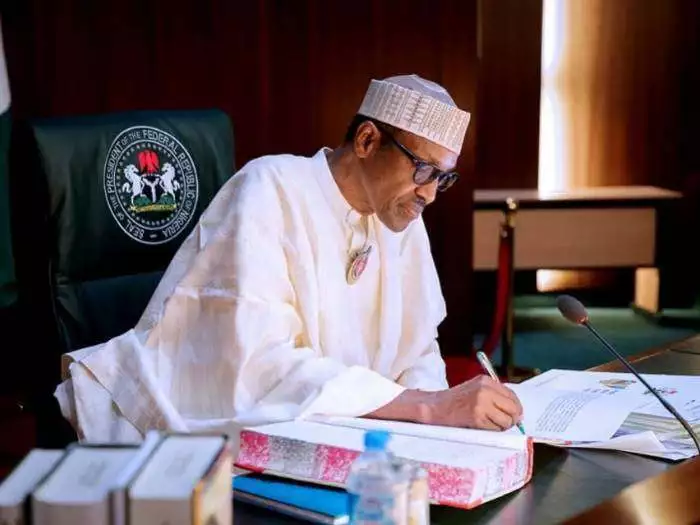Nigeria has lost its enviable position as a major investment destination in Africa, according to RMB Africa, an investment advisory company which in its latest report ranked the biggest economy in the continent number 14 behind smaller countries such as Botswana and Mauritius. The company ranked Egypt as number one investment destination in Africa.
According to the company, the top 10 African countries to invest in are Egypt, Morocco, South Africa, Rwanda; Botswana, Ghana, Mauritius, Côte d’Ivoire, Kenya and Tanzania.
In 2014, Nigeria was ranked number two in the continent, a position she has now lost due to paucity of foreign direct investment, FDI. She was ranked eight, two times consecutively in 2019 and 2019.
The National Bureau of Statistic, NBS had in its first and second capital importation report disclosed that the country witnessed the lowest FDI in 11 years, with just $875.62 million flowing into the country from abroad.
According to the report, FDI dropped to $77.97 million in Q2 2021, indicating a 49.6 per cent and 47.5 per cent decline compared to $154.76 million and $148.59 million recorded in the previous quarter and Q2 2020 respectively.
According to RMB in its report titled “Where to Invest in Africa”, it said the COVID 19 headwind has changed the world view about business.
RMB Africa Economist, Daniel Kavishe said, one of the major factors used in the current ranking is the conduciveness of the business environment, as well as the various fiscal measures applied by ranked countries to combat the COVID 19 pandemic.
According to Kavishe, “the inclusion of a fiscal score in our rankings aimed to score governments’ fiscal positions and provided a basis from which investors can understand specific jurisdictions.
“Although the pandemic brought devastation, it also enabled opportunities for reimagining policies and trade relationships. Increasingly clear now is that home-grown strategies to tackle poverty, inequality and unemployment across Africa must be implemented. If not, all of Africa suffers.”
He said the economy is likely to pick up with a good mix of fiscal policies by the government.
“The sheer size of Nigeria’s economy and large population base has undoubtedly aided the country’s economic environment and has led to an increase in investments in the economy over the past 10 years.
“The country boasts significant hydrocarbon resources and considerable agricultural and mining potential. With fiscal support expected to increase and continue over the next few years, given both the coronavirus shock and oil price collapse, the economy is expected to grow but at a slow and steady pace.
“One of the key tenets for its development will be the efforts that have been made to support small and medium enterprises through monetary policy reform. This should support the country’s efforts as it continues its expansion into sectors such as information technology.”
RMB said over reliance on oil is not a good thing, when there are many other undeveloped sectors which can support economic growth.
“Nigeria’s heavy reliance on oil means that the drop in oil prices and production generated by the OPEC+ agreement is strongly impacting the economy. COVID-19 came at a time when the economy was still rebalancing from the drop in oil prices during the 2014 to 2016 period.
“Therefore, a lower drop in reserves, tight liquidity and a weak currency can still be expected. The government, which has been criticised for its slow pace of reform, still faces a myriad of security challenges that destabilise the country, such as the activity of the Islamist terrorist group Boko Haram in the northeast, forcing many people to flee,” the company said.
Discover more from The Source
Subscribe to get the latest posts sent to your email.








